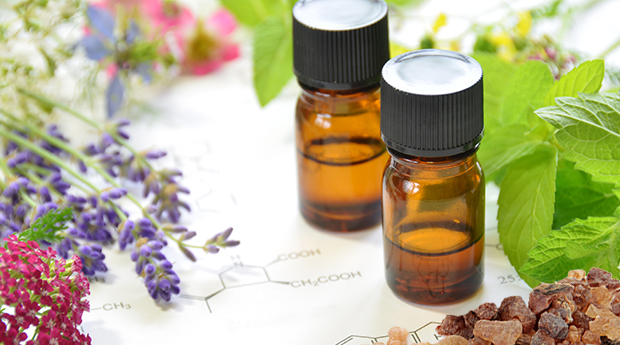Three South African Plants Can Inhibit the Production of Toxic Amyloid Proteins, Study Reveals
Written by |

Extracts from three South African plants can help prevent the formation of toxic amyloid protein aggregates known to contribute to the progression of Alzheimer’s disease, a research study revealed.
This finding may help identify new active compounds to be explored as potential therapeutic strategies for Alzheimer’s.
The study, “Potential of South African Medicinal plants targeting the reduction of Aβ42 Protein as a treatment of Alzheimer’s disease,” was published in the Journal of Ethnopharmacology.
There is increasing evidence that extracts from several plants have different therapeutic properties, including anti-inflammatory, anti-diabetic, antimicrobial, neuroprotective, and anti-aging effects. Previous studies have also suggested that essential oils can reverse cognitive and memory impairments in Alzheimer’s disease.
Now, researchers evaluated the therapeutic potential of 20 South African medicinal plant species to prevent the formation of toxic amyloid plaques — toxic clumps of amyloid beta protein in the brain, thought to kick-start the progression of Alzheimer’s disease.
Different plant parts (leaves, stem, bark, and stalks) were collected from the Manie van der Schijff Botanical Garden at South Africa’s University of Pretoria. These plants were known to be used in traditional medicine to treat several conditions, including mental illness, depression, dementia, anxiety, epilepsy, forgetfulness, convulsion, hysteria, headache, and central nervous system disorders.
Plant parts were dried, ground and extracted. The extracts were then used to treat cells genetically engineered to carry amyloid precursor protein (APP) — the precursor molecule whose breakdown (proteolysis) generates amyloid beta — carrying the Swedish mutation (known to cause Alzheimer’s).
The team found 10 extracts that could reduce levels of amyloid beta production compared to untreated cells. Among them, the extracts of leaves from Xysmalobium undulatum, Cussonia paniculata, and Schotia brachypetala showed greater inhibitory activity, reducing amyloid levels by 76.9%, 57.5%, and 44.8%, respectively.
These three extracts could also effectively reduce levels of mutated APP, and consequently inhibit the production of abnormal amyloid proteins, in a dose-dependent manner and with minor effects on cell survival.
Researchers were also able to identify some specific chemical compounds present in leaves that could account for the reduction in beta-amyloid production.
“As the plants are the main source of drugs for the treatment of many diseases, thus our study can also lead to the development of some novel anti-Alzheimer’s agents,” researchers said. “The research provides some evidence which substantiates the traditional uses of plants.”
The team is exploring active plant extracts that could effectively target tau protein, which can also contribute to the progression of Alzheimer’s and other neurological diseases.





